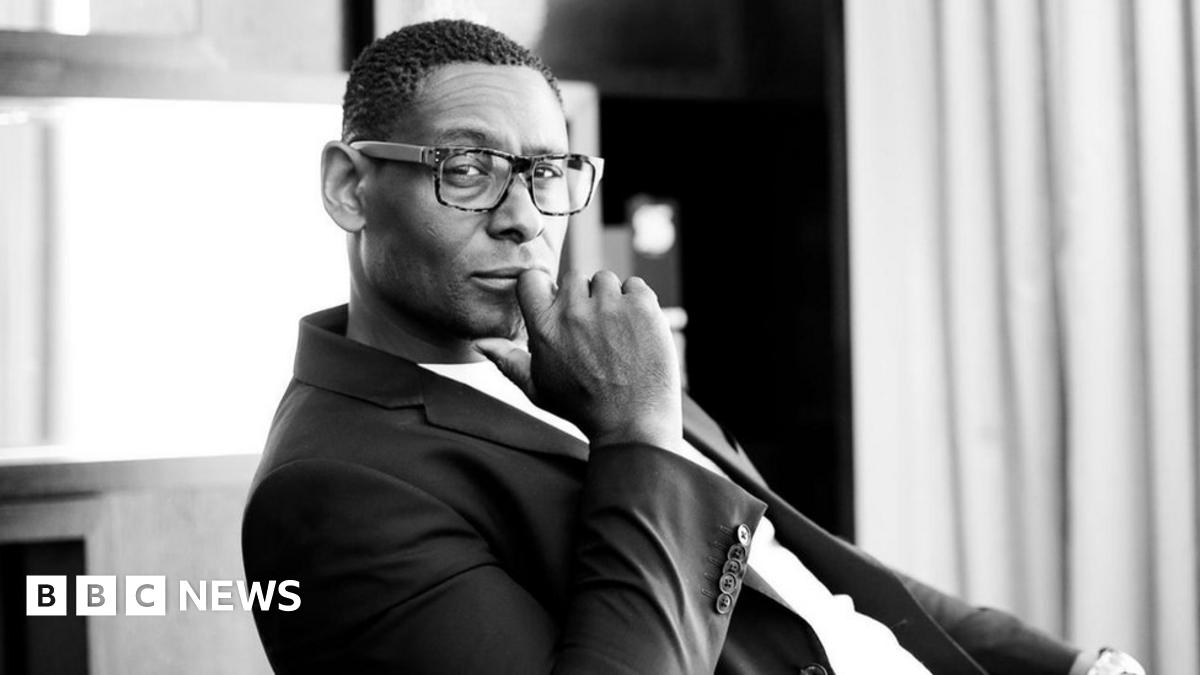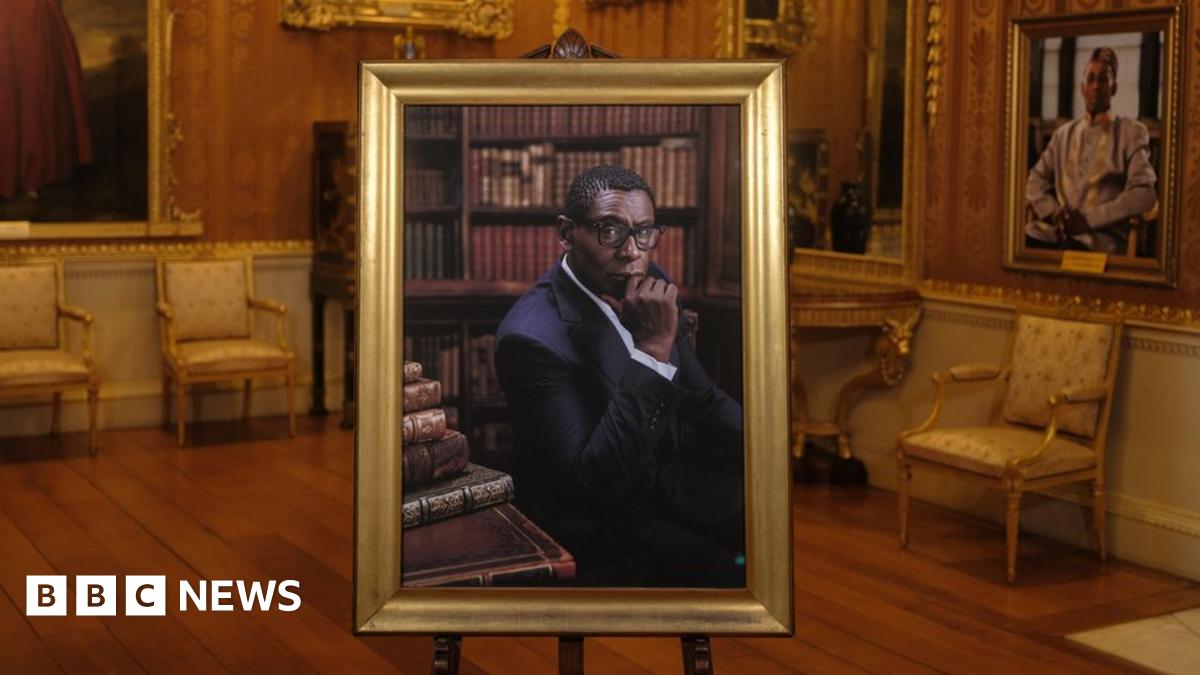I'm curious to attempt to drag us back to the original question of the thread, and to get specific and personal, as a way to think about it....
One of my mother's grandfathers was a white riverboat captain in Africa. He made a fair amount of money, which he took back to the UK, and has, to some extent, passed down through the family.
The work on the riverboat was undertaken by a team of local black men. I think we can be pretty confident that they were skilled and hardworking (otherwise the venture would have been unsuccessful), that they were underpaid and treated with, at best, being patronised. (I can't help being a little disgusted at his referring to these men, his colleagues, many of whom will likely have been older and more skilled and experienced than him, as 'his boys'.
I think we can be reasonably confident that these men's poverty will have also been inherited in their families to this year, this week, this day.
My mother is unwell, will likely die in the next few years, leaving me an inheritance which is easily and clearly traceable back to the injustice of the colonial actions of my great grandfather.
It would seem frankly weird for me, given that I see how I benefit directly from this injustice, whilst others suffer from this specific history, for me to refuse to do the decent thing and look for some opportunity to make reparation.
It's interesting to see how David Harewood and David Lascelles are thinking together about reparation:
The portrait of the Homeland actor will go on display at the 18th Century house near Leeds.

www.bbc.co.uk
David Harewood visits a stately home built using the profits of plantations where his ancestors were enslaved.

www.bbc.co.uk



